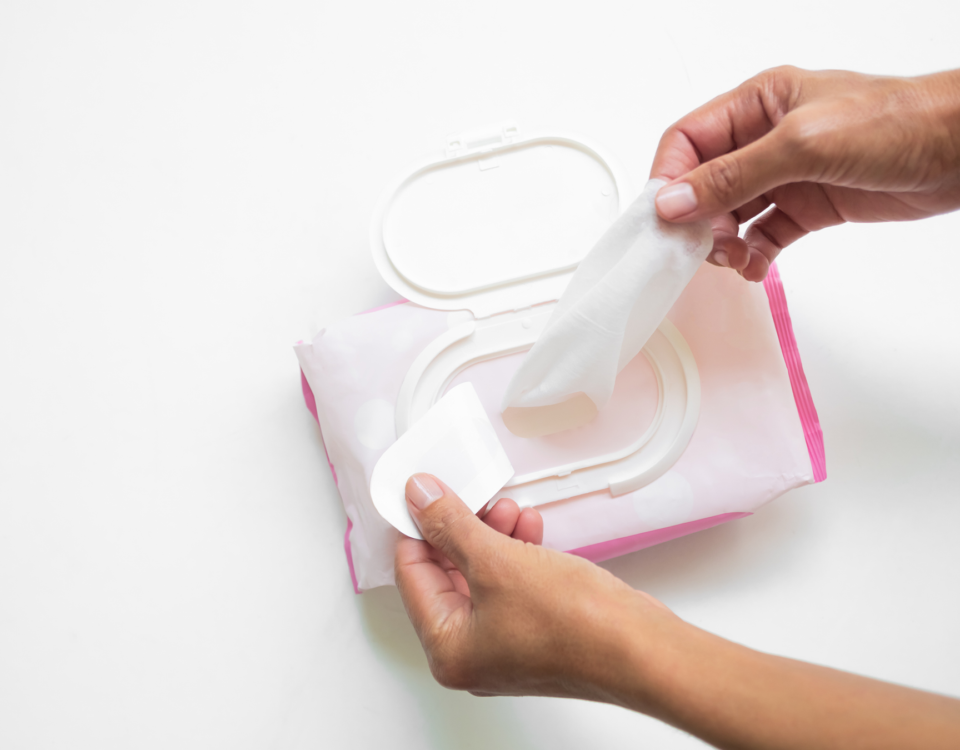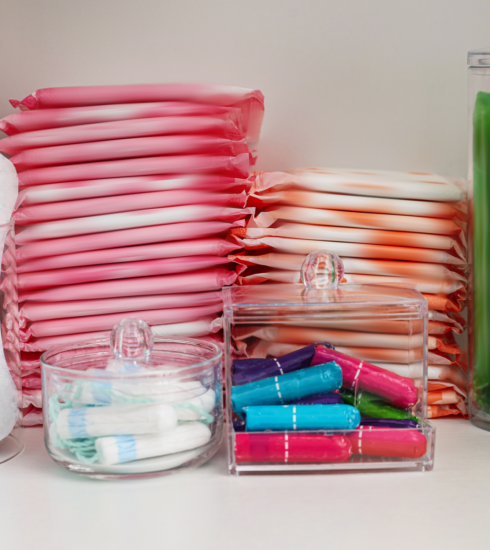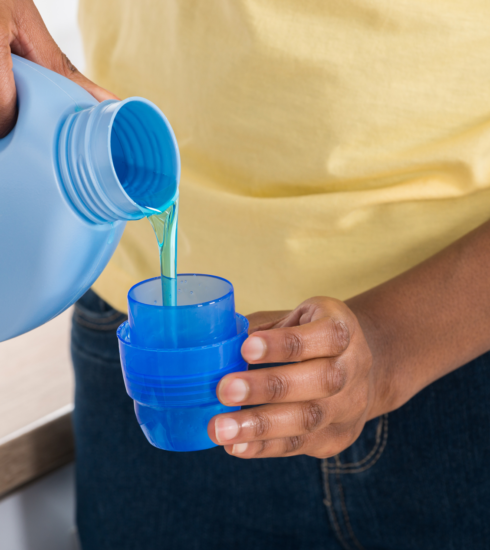Learn Your Labels: What’s in Your Cleansing Wipes?
While we take care of our bodies with exercise and good quality food, it’s easy to forget about our largest organ: our skin. Serving as a critical barrier between our internal systems and the external environment, the skin performs many functions essential for maintaining overall health and well-being. So what we put on our skin is just as important as what goes into our mouths to maintain optimal health.
Cleansing wipes for the body have emerged as a popular solution, offering a range of benefits that make them a valuable addition to anyone’s daily routine.
But all cleansing wipes available on store shelves are not created equal. Here’s a list of common ingredients in some popular brands and their potential side effects. Then check out a video of some popular brands and our favorite pick for safety.
- Disodium cocoamphodiacatate – can cause skin irritation, pain or redness
- Dehydroacetic acid -a fungicide that can irritate the skin or cause allergies, disrupting the skin’s microbial flora
- Sodium chloride -also known as salt, this can irritate sensitive skin
- Sodium benzoate -used as a pickling agent. It is considered safe, although when combined with vitamin C, can form the chemical benzene. Benzene is a known carcinogen, or cancer-causing chemical.
- Betaine -can help hydrate the skin but can cause redness or itchiness in sensitive skin
- Malic acid -helps clear away dead skin cells when applied to the skin, but can cause irritation, redness and itchiness
- Polysorbate 20 – a liquid stabilizer that can cause skin irritation and fungal acne. High doses of polysorbate 20 can be carcinogenic and potentially disrupt hormone function and reproduction by interfering with the endocrine system
- Caprylyl glycol – derived from a fatty acid found in coconut oil, it helps hydrate the skin but may cause some allergies at higher concentrations
- Sodium citrate – can cause skin rash, itching or hives
- Disodium edta – can dry out the skin and cause unbearable itching or infection while using on cracked skin; studies done on animals show brain and nervous system disruptions at low doses, and endocrine disruption and reproductive effects at high doses. It is also banned in Australia and parts of Europe because of potential health problems from overexposure.
- Benzalkonium chloride – a disinfectant that can cause skin irritation, dryness and redness
Check out a rundown of some common cleansing wipes and our favorite brand in the video below.










